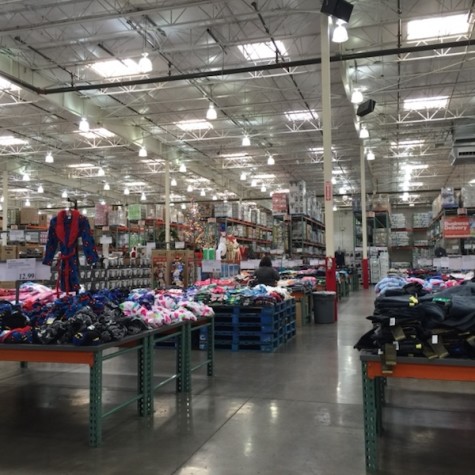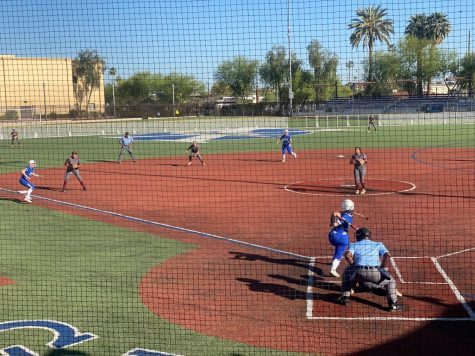Can big philanthropy make true progress?
Susan Peters ’17 analyzes our holiday seasons and spirit of charitable giving.
Does big philanthropy generate a greener future?
It’s official: the Easter season is upon us, and on its heels comes a sleigh of charitable giving. So many Americans this time of year feel the need to loosen their purse strings and donate to charity. Included in this group is the top 1% of America, the billionaire capitalists who give in large part to lessen their guilt for perpetuating financial inequality. However, their charitable offerings often do not actually do much to relieve poverty, but rather create “positive publicity” for their brand, according to “The New Yorker”. Much of their plentiful wealth also goes to politicians that support initiatives to reduce the funding of social programs and taxes on their companies.
“The New Yorker” also reports that United States citizens give 230 billion to various causes each year. Interestingly, contributions to charities that focus in developing countries give donors more bang for their buck. This is because it costs less to save a life in a poorer country than it does to save an American life. Unfortunately for impoverished Americans, they do not receive as much focus as the needy in less wealthy countries. In fact, in many cases the companies run by certain billionaire philanthropists outsource their labor to China, as stated in “The New York Times”. This has resulted in a remarkable decrease in Chinese penury, coinciding with rising poverty rates in America.
However, their charitable offerings often do not actually do much to relieve poverty, but rather create “positive publicity” for their brand,
Philanthropists who focus so much on giving to foreign need, often to advance their own agendas, do not realize that they are completely overlooking a similar problem right under their noses. The U.S. Census Bureau states that 46.7 million people in America were impoverished in 2014. Even with 14.8% of our nation living below the poverty line, this growing inequality in America is still ignored for other pursuits.
As teenagers who have yet to face crippling inequality, it is so easy to ignore our parents when they urge us to eat our dinner because “there are kids starving in Africa.” We don’t flinch when they say this. We hardly understand that this is a reality for people because it feels so far away. To think that people in America live in poverty as well is tough to imagine. Regardless, it is a reality that must be addressed, lest we allow the Easter season to become more about writing a check than the giving of our spirits.













